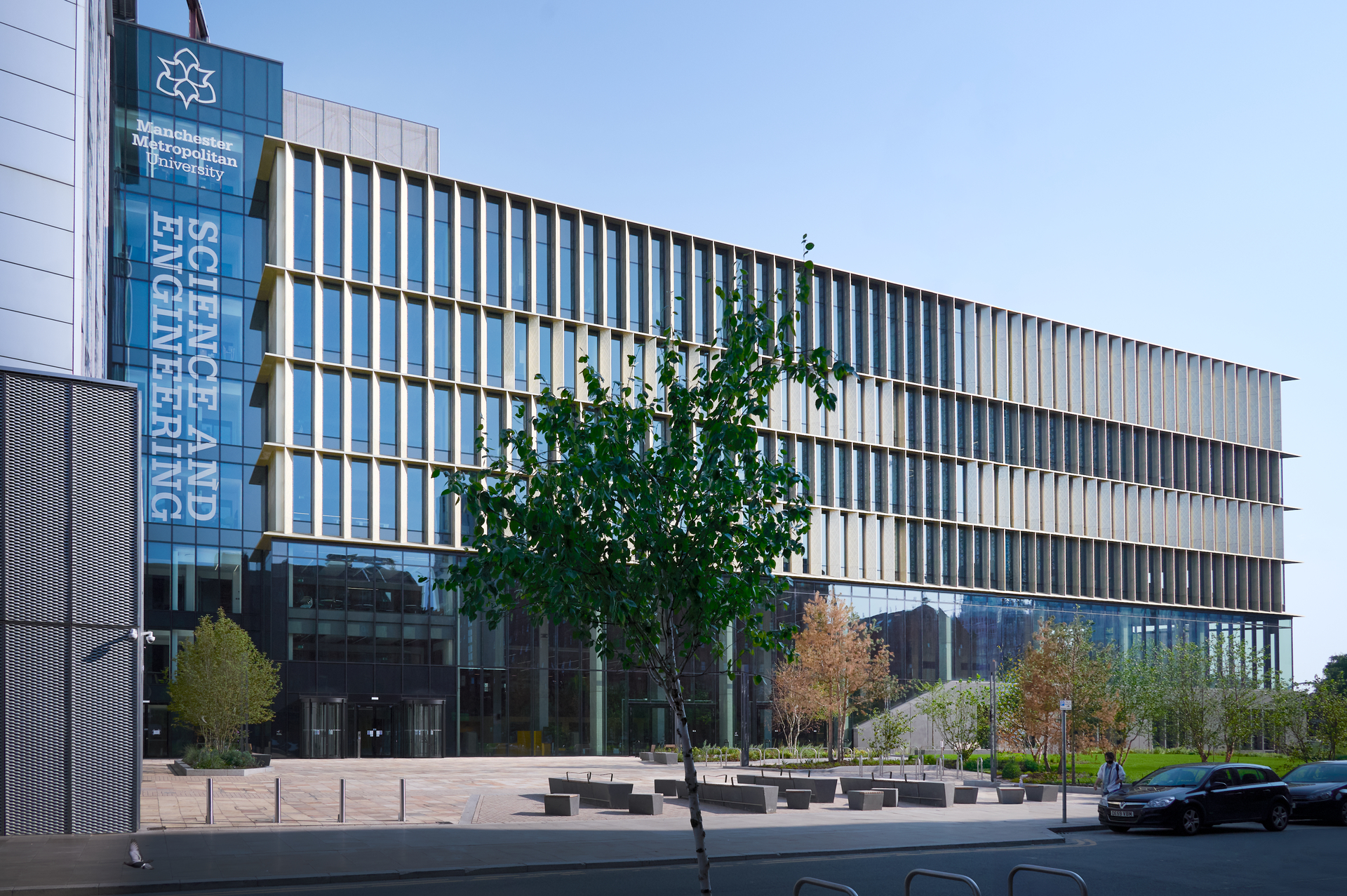Motor Neurone Disease (MND) is a rapidly progressing neurodegenerative disease that causes muscles to weaken and waste. It is a life-shortening disease for which there is limited treatment and no cure. There are currently no easy ways to detect early muscle changes in MND before major loss of function. An early sign is spontaneous muscle twitches, called fasciculations, which occur before the muscle weakens. Recent work shows that, fasciculations can show the muscles affected by MND, and the number of fasciculations per minute changes as MND progresses. This means it could be useful to measure features of fasciculation to track changes in muscle health.
Currently, detecting fasciculations is done by sticking needles into the muscles. The needles are not dangerous but can be painful and people find them unpleasant. They are also not the most sensitive way of detecting fasciculations. There is however a way of ‘seeing' fasciculations using ultrasound imaging. In previous work, we applied foreground detection-based image analysis approaches to detect fasciculations in b-mode ultrasound videos. In that we work we saw that fasciculations look different in healthy and MND affected muscles. This is promising, but further work is needed to develop ultrasound image analysis into a complete tool that can be clinically useful for earlier MND diagnosis and monitoring treatment.
This is an exciting opportunity for a fully funded fixed term research assistant to work full time to advance our current ultrasound image analysis tools. This project will involve working with the clinical team at Salford Royal to collect data from people living with MND in a longitudinal study design, and collaborating with researchers and clinicians at Manchester Metropolitan University, King's College London, and University College London.
The Role:
The role will involve collecting a new, longitudinal, data set of muscle function and mobility data, from people living with MND and healthy controls. This will involve using portable dynamometry, supervising functional mobility tests such as timed-up-and-go and sit-to-stand, and collecting b-mode ultrasound images from leg and arm muscles. These data will be used to develop data models that can sensitively identify MND and discriminate between disease stages. We are looking for someone with suitable knowledge of skeletal muscle anatomy and function, and experience of muscle function testing. Experience of working with patients in a hospital or similar environment is desirable. This role will also involve organising workshops to share project progress with patients, clinicians, and industry partners. Experience contributing to the organisation of workshops or seminars and engaging with people with different scientific/technical backgrounds is therefore also desirable.
Other duties and responsibilities include:
- Maintain accurate records of research conducted and carry out analysis of the results obtained using the most appropriate method.
- Work independently and in conjunction with other investigators and collaborators.
- Prepare research findings for publication and presentation.
- Participate in the activities of the research group via meetings and seminars
- Support dissemination of findings through delivery of workshops with potential stakeholders, including clinicians and industry
You will work within the Department of Life Sciences, which provide state of the art facilities located in the recently built, Dalton building. The Faculty of Science and Engineering is an exciting and dynamic environment in which to conduct cutting edge research.
Qualification we require:
Hold a postgraduate degree in relevant science subjects
Application Requirements:
Experience of the following would be advantageous:
- Working with patients in a clinical setting
- Obtaining an NHS research passport
- Assessment of skeletal muscle anatomy using ultrasound imaging.
- Engaging with audiences with different technical expertise and understanding
- Proficiency in statistical evaluation
- Clinical assessment of functional mobility
To Apply:
Please submit your CV and Cover Letter
For an informal discussion, please contact; Prof. Emma Hodson-Tole (e.tole@mmu.ac.uk).
Manchester Metropolitan University fosters an inclusive culture of belonging that promotes equity and celebrates diversity. We value a diverse workforce for the innovation and diversity of thought it brings and welcome applications from local and international communities, particularly those from Black, Asian, and Minority Ethnic backgrounds, people with disabilities, and LGBTQ+ individuals.
We support a range of flexible working arrangements, including hybrid and tailored schedules, which can be discussed with your line manager. If you require reasonable adjustments during the recruitment process or in your role, please let us know so we can provide appropriate support.
Our commitment to inclusivity includes mentoring programmes, accessibility resources and professional development opportunities to empower and support underrepresented groups.
Details
- Location:Manchester All Saints Campus
- Faculty / Function:Science & Engineering
- Salary:Grade 6 (£30,505 to £33,882)
- Closing Date:4 March 2025
- Contract Type:Fixed Term
- Contract Length:18 months
- Contracted Hours per week:35

